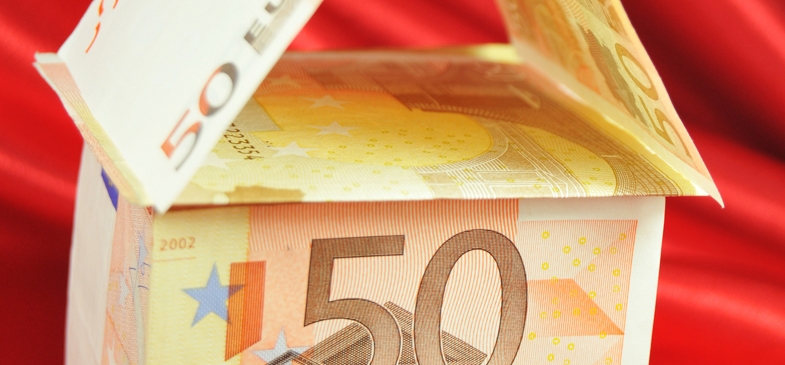
Eurozone debate divides government
"My view is a little bit more cynical," said Philip Whyte, a senior fellow at the CER. "What does the deal really mean? It means tighter policy coordination and the application of fiscal rules throughout the eurozone. It means synchronized fiscal tightening, at a time when the eurozone is already experiencing growth problems. ... It is an attempt to regulate individual behavior so you don't have the emergence of sin again," Whyte said. Whyte terms the planned changes as "pro-cyclical," meaning they are likely to push the eurozone further "into an economic downturn," and he is not alone among economists skeptical that the Dec. 8-9 Brussels summit has produced meaningful change. "The structure itself is flawed, and no attempt to fix that structure is under way ... If you compare the eurozone to the United States, there is no sign that the eurozone is moving toward something like that. It remains an incomplete monetary union."
